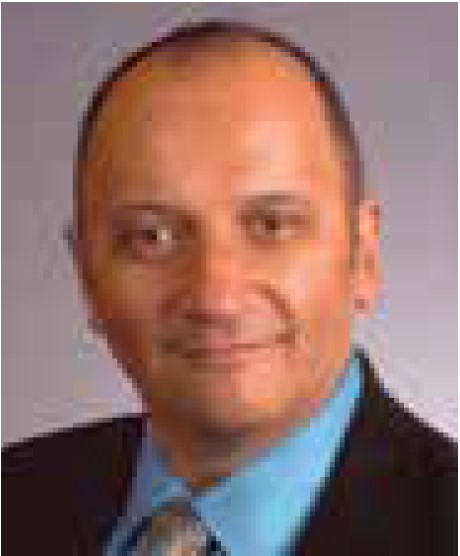
By Eduardo Morales, Ph.D.–
The Department of Homeland Security has a complex registration system for those from other countries who are working in the U.S. and/or desiring to immigrate here. Individuals who have permission to work in the U.S. with a green card are required to register each year until their status is reviewed and changes. In some instances, the changes can take two years, and for others, more than seven years. Consequently, each year the individual must renew their green card registration, submit an I-90 form, and pay a minimum of $540 in fees until their status is changed.
The process is quite challenging due to the extensive regulations and categorizations as part of Homeland Security bureaucracy. Most people who initiate registration either as a non-immigrant or immigrant usually need an attorney or someone highly specialized in the application process.
Until recently, people seeking entry into the U.S. had to request a visa at the U.S. Consulate Office in their country of origin. This process recently changed, such that individuals can make a request at a Homeland Security Office near where they are residing.
Some LGBTQ+ people seek political asylum due to the conditions within their native country. It is estimated that about 3.8% to 4.6% of refugee asylum seekers identify as LGBTQ+. The San Francisco Asylum Office estimates that 5% to 10 % of claims are based on sexual orientation or gender identity. Latinx gay males and transgender individuals, in particular, often come to the U.S. due to the threat of violence in their native countries. U.S. processing representatives often have assumed that LGBTs can return to their country—provided they relocate within that country, become discreet, and avoid being targets of violence. When such individuals apply for proper documentation in the U.S., they may also face challenges in accessing public assistance, health care, housing, employment, and social support systems for their well-being and survival.
There is a bill that is being proposed, called SB 85, which would increase the number of case management days a person can receive in California. The Biden administration announced it would admit 125,000 refugees under the U.S. Refugee Admissions Program. In California, it is expected that at least 17,500 will be considered as refugees under this new program.
Meanwhile, the federal government funds only 90 days for case management services. The newly proposed California bill, led by State Senator Scott Wiener, would extend the case management services for up to 360 days. Currently, Utah, Oregon, and Colorado have instituted Extended Case Management Services. The proposed increase in California would assist peoople needing to complete their renewal processes and provide more case management assistance, given the complexity of the application requirements. At the national level, the U.S. Congress has been reluctant to change the laws so that the processes could be simplified and more relevant to current needs.
At present, no race or ethnic group constitutes most of California’s population: 39% are Latinx, 35% are white, 15% are Asian American or Pacific Islander, 5% are African American, 4% identify as multiracial, and fewer than 1% are Native American or Alaska Natives, according to the 2020 U.S. Census. In 2021, Latinx-identified people constituted the largest racial or ethnic group in the state. The U.S., including Puerto Rico, is the second largest Spanish-speaking nation in the world second only to Mexico, according to a report released earlier this year.
It is unclear how Brazilians identify themselves in the U.S. Census, even though they are considered Latinx. For urban areas like the San Francisco Bay Area, the lack of accurate demographic data concerning Brazilians complicates their access to health care, including having the county health departments provide comprehensive services in Portuguese. That is one reason why organizations like AGUILAS are critically important to so many. AGUILAS—an HIV/AIDS prevention and workforce development agency located in the SF LGBT Center—is the only service agency in San Francisco County that is funded by the city’s Department of Public Health. It offers all types of services in Portuguese, as well as Spanish, to meet the needs of numerous LGBTQ+ individuals.
Eduardo Morales, Ph.D. is a Professor Emeritus, retired Distinguished Professor, and current adjunct professor at Alliant International University. He is also a licensed psychologist and a founder and current Executive Director of AGUILAS, an award-winning program for Latinx LGBTQ+. Of Puerto Rican decent, he has received numerous distinguished awards and citations, including being named a Fellow of 12 divisions of the American Psychological Association.
Nuestra Voz
Published on March 23, 2023
Recent Comments